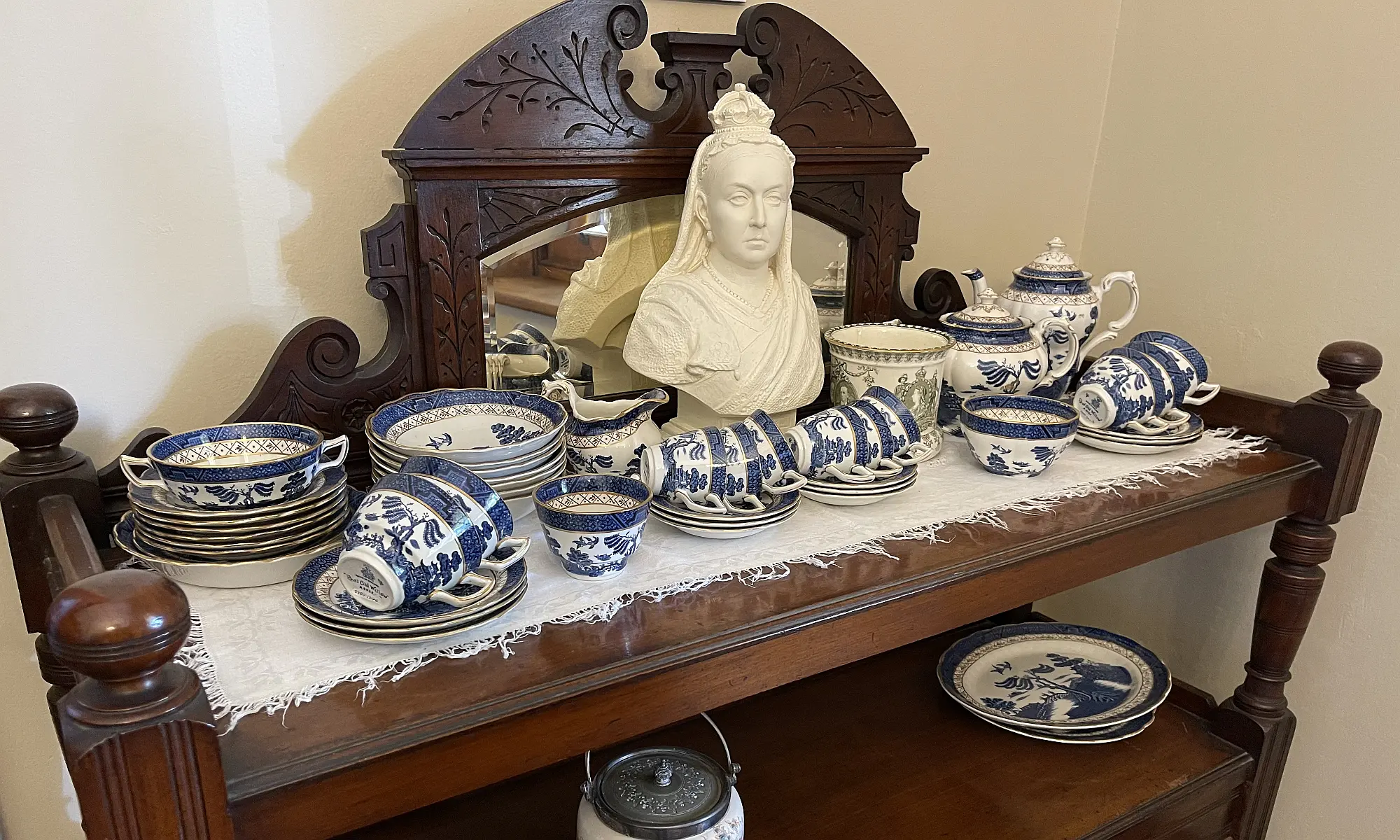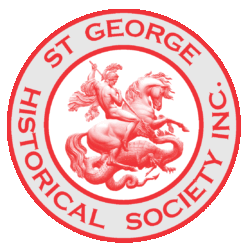In browsing through old newspaper files, seeking information as to the affairs of the district of St. George, one occasionally finds interesting snippets of news relative to the everyday life of the community. As a child I was warned by my mother against drinking direct from the tap. “Always use a cup, or at least drink from your hands” was the oft repeated admonition. Of course, child-like, I knew better than my maternal parent and, when not observed, wilfully followed my drinking habits in the customary manner. Recently I came across the following paragraph, culled from the St. George Observer of Saturday March 18th, 1899, which gave food for thought and proved that mother knew best, as always.
The Fish In The Tap, is the idea exploded?

“A Hurstville gentleman was good enough to draw our attention the other day to an eel about five inches long. We had never seen a baby eel, and was rather interested in the specimen, until he told us that it came out of the water tap. Ugh. This is the Sydney Water Supply that the Water and Sewerage Board talk as being the finest in Christendom, and charge so much per one thousand gallons for. And this is the water that some of the Sydney dailies talk of in the same strain. One daily said the other day that the idea of leeches and eels coming out of watertaps was an exploded idea. The idea might be exploded as far as that particular daily is concerned but the eels are not and when the writer of the exploded par takes a hurried drink from a tap and finds an eel or a leech in his mouth, he will probably – if he does not explode himself – use explosive and expressing expletives. It is a fact, however, that the Sydney water supply is not what it is cracked up to be, and our advice is to dilute it with a little – a little – er – well – dilute it or let it boil. The harder it boils the better.”
Illegal Burial
On Wednesday last, January 4th 1899, the postponed case. The Hurstville Council versus Samuel Wilks, of Chatswood, for having an interment made in the Church of England Cemetery, Forest Road, Hurstville, contrary to the by-laws of the Municipality, was heard at Newtown, Police Court. A fine of £5 and costs was imposed, recoverable by levy or distress”.
This sorry state of affairs was brought about by the closure of all local cemeteries in the St. George district, and the requirement that burials from this area should take place at Rookwood, or other burial places which still remained open for public use. Evidently there were conditions under which local interments were permitted as the writer recalls a graveyard service at St. Pauls Church of England, Kogarah, about the year 1908.
The funeral train journey, from the Illawarra Suburbs to Rookwood, was long and arduous, necessitating mourners changing at Sydney Station and walking the streets to the Regent Street Mortuary Railway Station to join the Funeral Train, which ran twice daily to the Rookwood, or Haslem’s Creek Cemetery. Meanwhile, at Sydney Station the small four-wheeled coffin-carriage, or hearse wagon, had to be shunted from the Illawarra train for attachment to the train bound for Rookwood.

The carriages on the Rookwood Funeral Special, according to one irate newspaper correspondent, left a lot to be desired. He wrote “The meanest and dingiest carriages are set aside for the funeral trains, but hitherto I have not been compelled to ride in one of these open cars, which are little better than cattle-trucks. On Saturday last, a bitterly cold afternoon, with cutting south-west wind and driving sleety rain, a party of friends had occasion to take the train from Newtown to Haslem’s Creek. The train was a short one and, as door after door was opened, it was found crammed with mourners from Sydney and we had to find accommodation in the two third class cattle-trucks and got completely wet through.”
There were numerous other complaints raised from time to time about “the loutish element being boisterous whilst travelling on the funeral trains”.
Undoubtedly there were more reasons than that of transport, unpleasant as that apparently was, which brought about the need for clandestine burials. It is understandable that relatives may have desired the burial to be made in their family plot at the local cemetery, even at the expense of breaking the law. Undertakers would not be prepared to flout regulations governing the interment, neither would clergymen be expected to officiate at the graveside. It is known that such burials have taken place, to avoid detection, during the hours of darkness.
Public dissatisfaction with the whole sorry business resulted, at length, in having a burial ground set aside at Woronora, near Sutherland, to serve the needs of the Illawarra suburban area at large.
Advertisements
In a lighter vein it is interesting to scan, in these old newspapers, the various advertisements calling attention to the merits of this and that local hotel, and also that Mr. George Bird was prepared to teach the use of brass band and other instruments. The blatant assurance offered, by vendors of patent medicines, cure-all pills, and tonics etc., for a guaranteed cure of any type of illness, was regularly published. Long letters from grateful persons who had benefited from the taking of some potent brew, giving full details of their harrowing experiences before being advised by a friend to try a course of – etc. etc. make entertaining reading and confirms one’s view, in the light of present day television “commercials”, that there is nothing new under the sun.

This article was first published in the April 1966 edition of our magazine.
Browse the magazine archive.

